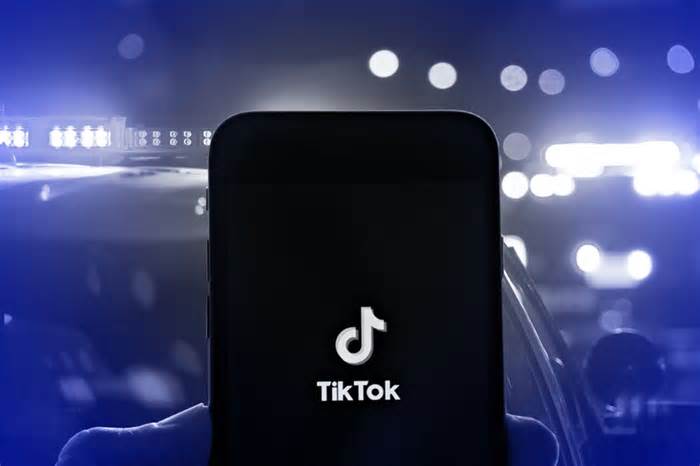President Donald Trump’s executive order banning Americans from using TikTok is driven by concerns that the company might hand over user data to Chinese authorities. Recently hacked police documents reveal the nature of the company’s relationship to law enforcement — not in China but in the United States.
Documents published in the BlueLeaks trove, which was hacked by someone claiming a connection to Anonymous and published by the transparency collective Distributed Denial of Secrets, show the information that TikTok shared with U.S. law enforcement in dozens of cases. Experts familiar with law enforcement requests say that what TikTok collects and hands over is not significantly more than what companies like Amazon, Facebook, or Google regularly provide, but that’s because U.S. tech companies collect and hand over a lot of information.
The documents also reveal that two representatives with bytedance.com email addresses registered on the website of the Northern California Regional Intelligence Center, a fusion center that covers the Silicon Valley area.
In the releases shown in BlueLeaks, TikTok handed over multiple IP addresses, information about the devices used to register for accounts, cellphone numbers, and unique IDs tied to platforms including Instagram, Facebook, or Google if the user logged in using a social media account. (Business Insider first reported the specifics of what TikTok collects.)
The accounts for which TikTok handed over data in the BlueLeaks dump range from influencers with tens of thousands of followers to people who primarily post for friends. One user contacted by The Intercept said they were unaware that their information had been given to law enforcement. Díaz said that in certain emergency situations, where moderators have a good-faith belief that there is a threat to someone’s life or a risk of serious physical harm, tech companies may voluntarily turn over information to the U.S. government without notifying the user. TikTok restored access to the account after The Intercept asked the company about it.
The BlueLeaks documents also indicate that U.S. federal investigators and police — some of whom are themselves enthusiastic TikTok users — increasingly view the app as a useful tool. In the early days of the George Floyd protests, law enforcement used TikTok, along with Facebook, Twitter, and other social media apps, to track protests and dissent.
In last week’s executive order, Trump cited concerns that TikTok’s ownership by ByteDance could “allow the Chinese Communist Party access to Americans’ personal and proprietary information.” TikTok’s track record, and ByteDance’s obligations under Chinese law, do present unique security concerns. The Chinese state has invested significant resources in using artificial intelligence to monitor and manipulate public opinion, and ByteDance has been brought along in that effort. ByteDance recently established a joint venture with a Chinese state media group, leaving open the possibility that some of its technology might be used for propaganda purposes.

